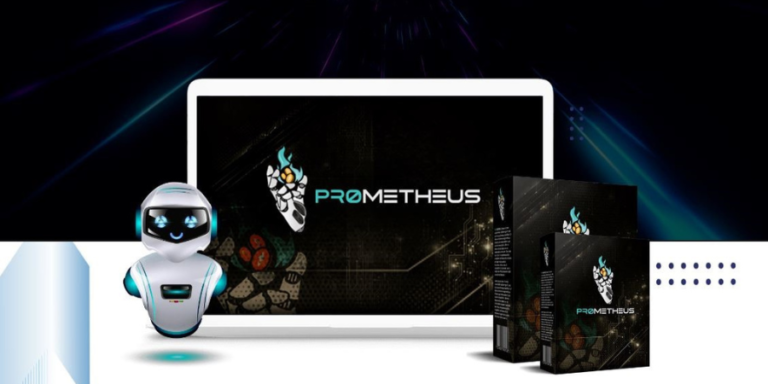
Introduction
Tweets, music, photographs, sculptures, memorabilia, everything is being converted into an NFT (Non Fungible tokens) these days. These digital tokens are secured through a smart contract and traded using crypto assets. NFTs have given creative freedom to a plethora of artists who have gained immense popularity through their digital art.
Notably, NFTs can be traded through NFT marketplaces and it often comes with other benefits as well, like being a part of a community, getting discounts on the next NFT drops, and so much more. However, a common misconception about NFTs revolves around the copyright of the underlying assets.
Are NFTs equivalent to copyright? Let’s find out.
The short answer is no, they are not. Nevertheless, there is a way to circumvent this. To understand that, let’s dive into the concept of NFTs.
NFT – More than digital art
NFTs are merely tokens that represent the digital version of an underlying asset. The asset could be anything ranging from art to collectibles. A physical version is converted into code and the code is embedded onto the smart contract, creating an NFT. This is then “minted” on NFT marketplaces, open for people to trade it.
Copyright, on the other hand, has a clear definition.
Copyright Law – The interpretation.
The World Intellectual of Property Organization (WIPO) defines Copyright as:
“Copyright (or author’s right) is a legal term used to describe the rights that creators have over their literary and artistic works. Works covered by copyright range from books, music, paintings, sculpture, and films, to computer programs, databases, advertisements, maps, and technical drawings.”
Through a simple comparison of the two, it’s pretty evident that copyright covers the art/creation, while NFTs are just a digital version of the underlying art/creation. Therefore, owning an NFT doesn’t equate to owning the copyright to the art.
What does not having copyright to an artwork imply?
When someone owns the copyright to a particular art, only they are allowed to create its variations. However, in the case of an NFT, if someone made a digital version of a sculpture, they do not own the copyright, and anyone can make a different version of the same sculpture.
Since NFTs derive value from the unique underlying asset, too many similar versions could potentially make it lose its edge. Furthermore, while owning an NFT gives you the right to use the asset’s digital version, typically the actual asset is owned by you. For example, if you own the NFT of a famous tweet, you do not own the tweet and therefore you cannot make changes to it. Similarly, if you own the NFT of a jersey signed by a famous sportsperson, you don’t need to own the physical jersey, and you cannot sue anyone for owning a similar jersey with the same sign.
How to secure NFTs from copyright infringement?
Creators and artists can opt to protect their intellectual property rights by coding special NFT license agreements into the smart contracts of the NFT. This will automatically retain the license terms for every sale the NFT goes through. The NFT license agreements can also clearly state and automatically execute a small portion of every sale that would be given to the original creator in the form of royalties. Smart contracts cannot be modified and hence, the original creator’s rights are fully secure. The original creators can also include specific points as to the use of the NFT, which could protect similar versions from being created. Anything violating the agreement would result in copyright infringement.
Read About:5 ways to protect your NFTs from being stolen
Additionally, using cryptographic hash linked to the NFT will make it more secure. The hash creates a set of codes and ensures that even a minor change to the NFT will result in a different set of codes. This will help potential buyers check the authenticity of the NFT before purchasing it, thereby securing the unique value of the original asset.
Conclusion
The sudden surge in the popularity of NFTs is driving the creation of a highly lucrative asset with multitude of benefits. Owning an NFT is pretty common these days; however, most people assume that an NFT and copyright are the same. This might cause crypto security issues in the future for NFT owners who don’t come with licenses, as the value might dramatically decrease. Clarity on this minor misconception can help investors purchase more authentic NFTs for their portfolios.
ZebPay endevours to bring all things crypto closer to you, helping you understand every aspect of the blockchain ecosystem, one blog at a time.
I’m a highly experienced and well-respected author in the field of Cryptocurrency. I have been writing on the subject for over 5 years which has made me one of the leading experts in the field. My work has been featured in major publications such as The Wall Street Journal, Forbes, and Business Insider. I’m a regular contributor to CoinDesk, one of the world’s leading cryptocurrency news websites.


